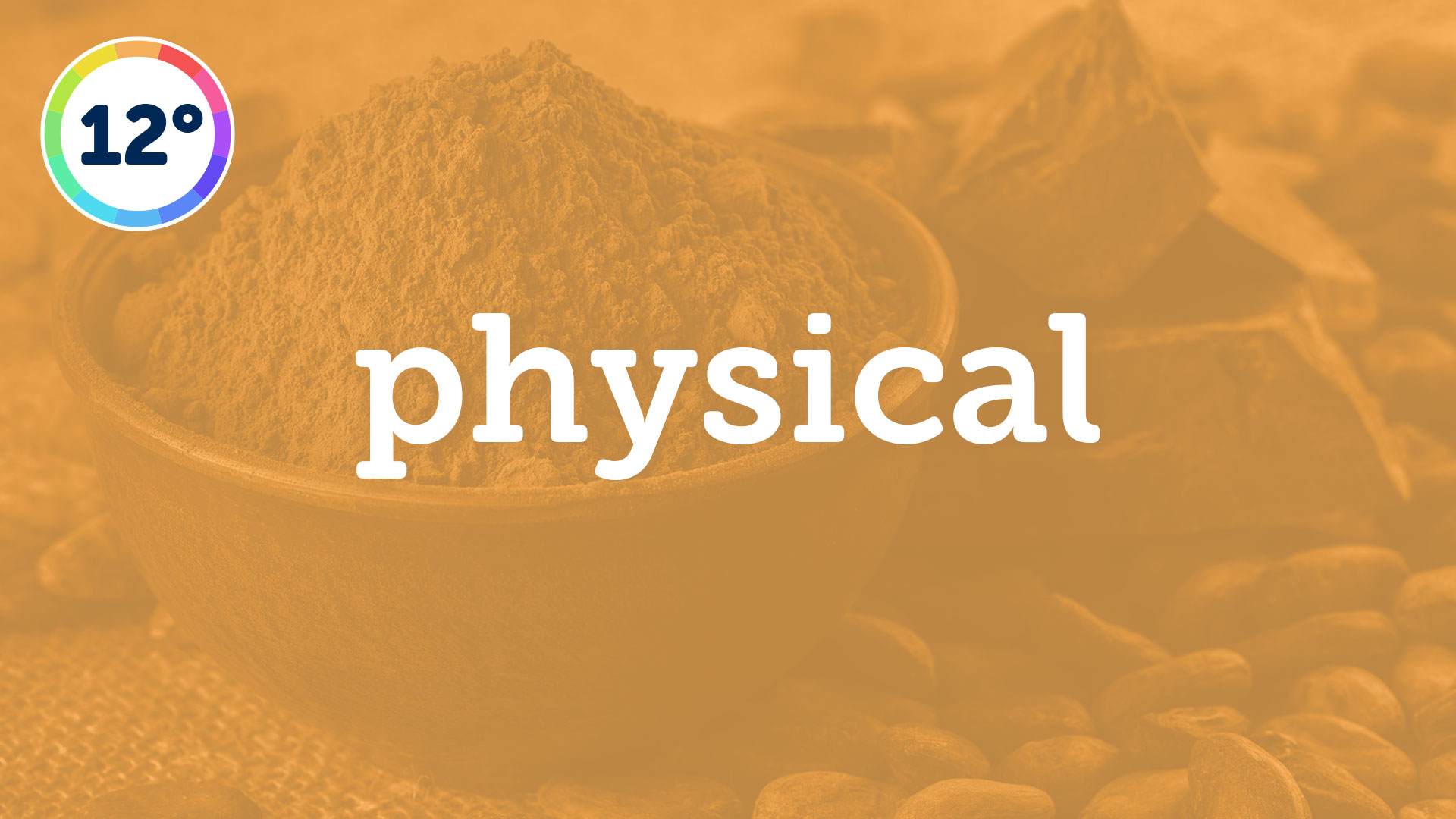
12 Degrees: A Wellness Podcast
From Bisquick to Breathwork: The Physical Degree
Physical wellness emphasizes maintaining a healthy body through regular exercise, proper nutrition, sufficient sleep, and preventive healthcare. Walking, hiking, yoga, or strength training enhances overall well-being. Preventive measures such as vaccinations, screenings, and regular check-ups contribute to long-term health. Hydration, balanced meals, and adequate rest are crucial in sustaining energy levels and reducing illness risk.
Small changes can make a big impact on your physical wellness.
In this episode, Lindsey, Christina, and Deshna share doable, evidence-informed strategies to support your body in everyday life—even on your busiest days. From breathwork to creative hydration tips to easy ways to add movement, this conversation is packed with practical ideas to help you feel and function your best. Check it out for realistic, accessible wellness habits you can start right away.
Real-Life Strategies for Physical Wellness:
- Breathe with Intention: Breathwork supports stress relief, sleep, immunity, digestion, and focus. Try box breathing, 4-7-8 breathing, or straw breathing
- Hydrate Smart: Water fuels nearly every system in your body. Opt for water over sugary or diet drinks to support energy, digestion, and brain function.
- Sleep Starts in the Morning: Quality sleep boosts immunity, hormone balance, and recovery. Morning sunlight can help regulate your body clock.
- Rethink Exercise:Just 15 minutes of activity a week can make a difference. Walk more, move after meals, and shift your mindset around what “counts.”
- Eat Consistently: Regular meals help manage blood sugar. Keep snacks like nuts on hand and prep easy options like smoothies or raw meals.
- Prioritize Preventive Care: Don’t wait to be sick—routine checkups matter. Explore transportation help like NEMT, senior services, or mobile clinics (like the LION Mobile Clinic)
- Find Wellness in Community: Local events and programs (like those from Cooperative Extension) can support multiple dimensions of wellness.











